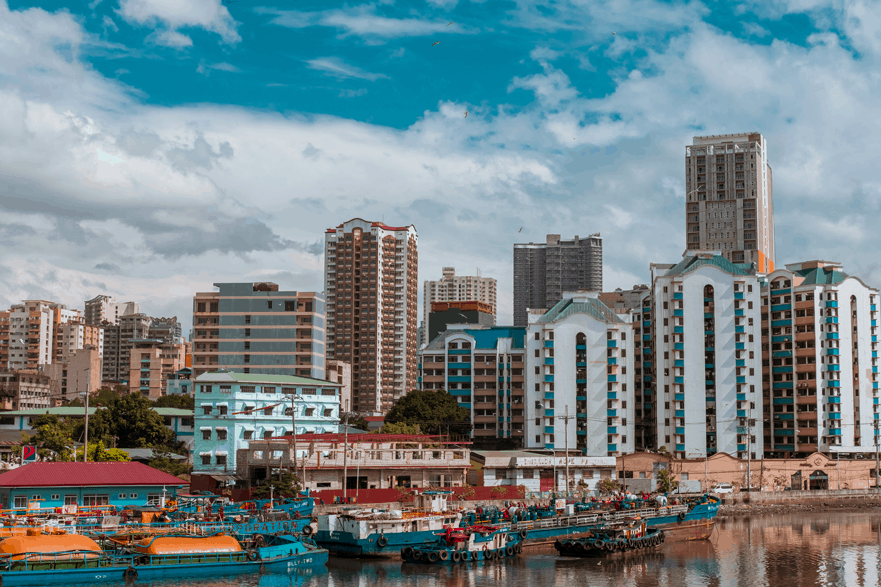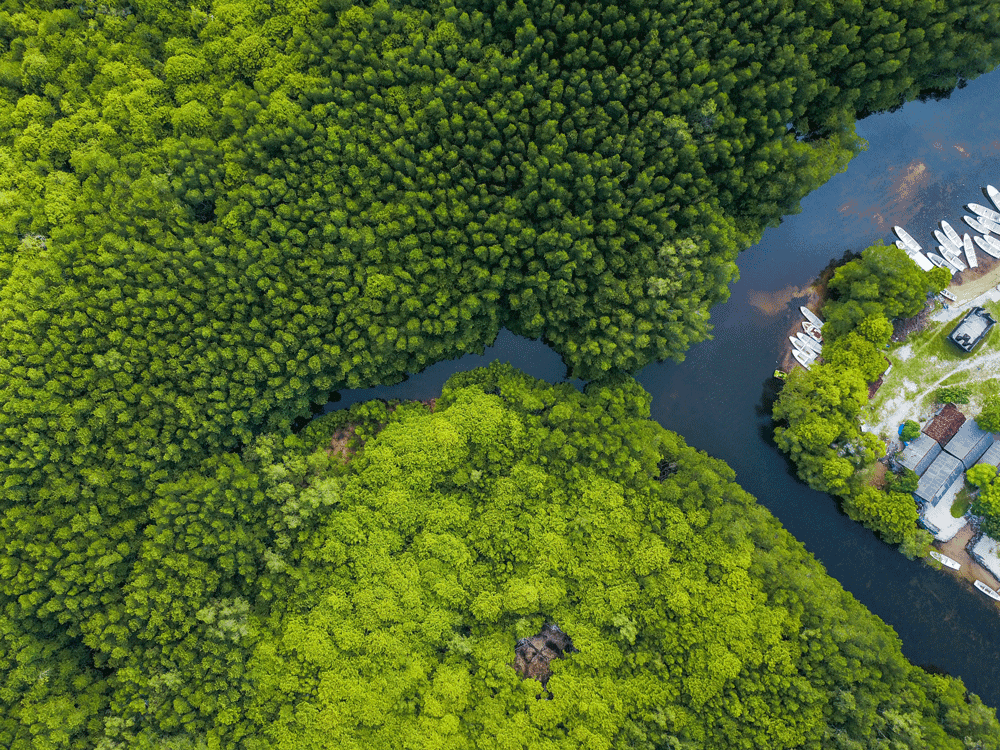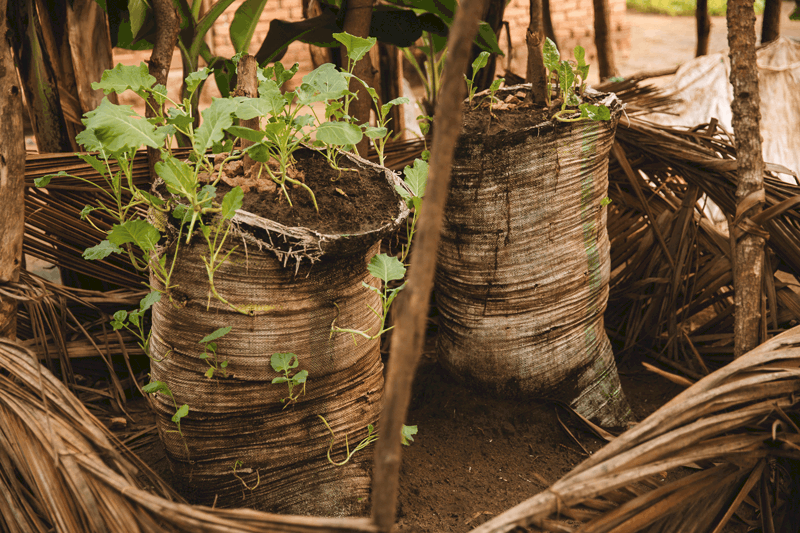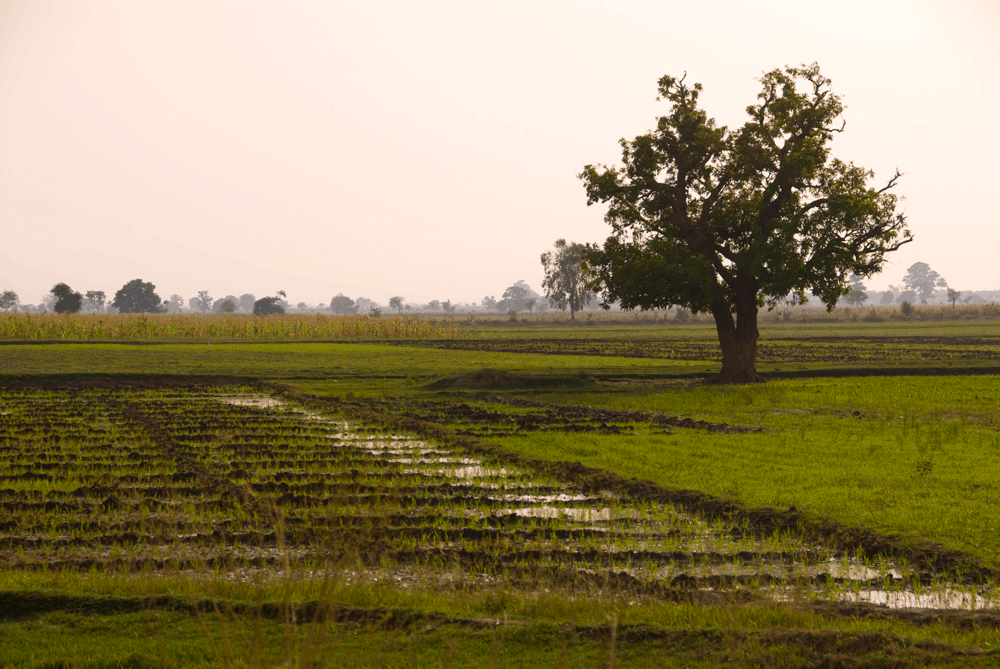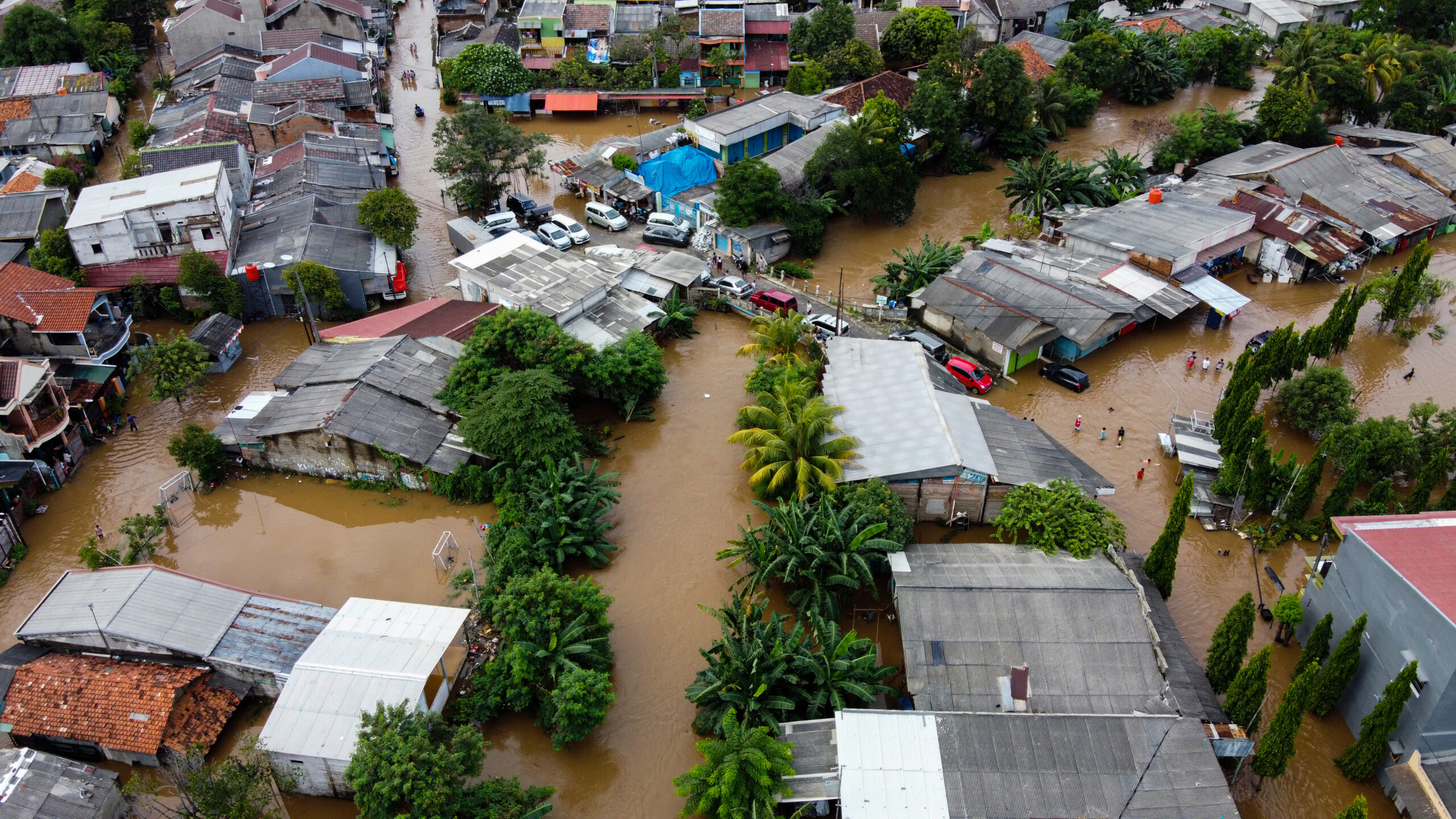The Global Innovation Lab for Climate Finance’s 2019 cohort of innovative climate investment ideas has taken a significant step towards launch. Last week, the Lab’s members, which include over 60 institutions in government, development finance, philanthropy, and the private sector, convened to review progress and development of the ideas, and moved all six instruments onto the final phase of development, in preparation for expected launch during the September UN Climate Change Summit week in New York.
The six ideas were selected out of a highly competitive pool of 250 proposals at the beginning of the year. Each idea offers a new way to mobilize finance to critical sectors for action on climate change in developing countries, including cities, agriculture, energy access, and blue carbon. They are:
SUSTAINABLE CITIES
- Cooling as a Service aims to decrease energy consumption and potent greenhouse HFC gas emissions from cooling systems in cities around the world, by increasing competitiveness of state-of-the-art technologies. The model uses an innovative pay-per-service model, with integrated financial tools to recapitalize technology providers who own, maintain, and operate the equipment, thus aligning incentives to support climate change mitigation and the circular economy. Led by Basel Agency for Sustainable Energy (BASE) and Kigali Cooling Efficiency Program (K-CEP).
- The Breathe Better Bond aims to drive finance at scale for reducing urban air pollution in emerging market cities. It is a debt instrument for local governments to finance air pollution reduction projects that will result in significant future savings, for example through reduced healthcare costs and higher GDP. Led by International Finance Corporation (IFC).
ENERGY ACCESS
- Solar Securitization for Rwanda aims to support Rwanda’s national goal of 100% energy access by 2024. Solar asset-backed securities, the first of their kind for Rwanda, will drive needed finance to accelerate the Rwandan solar sector, by decreasing investor risk perception, and diversifying and expanding the pool of investment. Led by the Development Bank of Rwanda.
BLUE CARBON
- Restoration Insurance Service Company (RISCO) for Coastal Risk Reduction is an enterprise that restores and conserves mangrove habitats in vulnerable coastal areas. It contracts with coastal asset owners, who receive reduced insurance premium rates due to reduced property damage risk as a result of restoration efforts, and who, over time, use these cost savings to pay back the RISCO for the restoration and conservation work. Led by Conservation International.
SUSTAINABLE AGRICULTURE
- Blockchain Climate Risk Crop Insurance is an automated weather-indexed crop insurance infrastructure that helps smallholder farmers in sub-Saharan Africa increase resilience to the impacts of climate change, via insurance that is transparent, affordable, and pays out quickly. It guarantees automatic payouts whenever an extreme weather event occurs through the use of smart contracts that are implemented on a blockchain. Proposed by Sprout Insure.
- The West African Initiative for Climate Smart Agriculture will help ensure climate-friendly food security in West Africa. It will promote climate smart agriculture and resilient supply chains across 15 countries, through provision of grants for technical assistance and subsidized-rate loans or guarantees for smallholder farmer organizations and the agricultural private sector. Led by the ECOWAS Commission.
There is an urgent need to accelerate large-scale investment, especially private investment, in order to avoid the worst effects of climate change and help populations adapt to coming changes. While there is no single cohesive estimate of investment required for climate mitigation and adaptation in a 1.5°C scenario, it is in the trillions of dollars. Meanwhile, latest tracking of climate investment shows that $463 billion flowed annually in 2015 and 2016, a significant amount but not nearly enough.
In this context, the Global Innovation Lab for Climate Finance has become a leader in accelerating investment where it is needed most. The Lab is an initiative of public and private investors and experts who identify, develop, and launch early-stage solutions that demonstrate catalytic potential in overcoming persistent investment barriers in emerging regions and sectors. In under five years, the Lab has helped 35 businesses and investment models get off the ground, which have mobilized more than $1.6 billion for action on climate change so far.
More information on the Lab can be found at www.climatefinancelab.org/lab-selection-2019/.
—
The Global Innovation Lab for Climate Finance identifies, develops, and launches innovative finance instruments that can drive billions in private investment to action on climate change and sustainable development. The Lab is funded by the Australian Department of Foreign Affairs and Trade, Bloomberg Philanthropies, the German Federal Ministry for the Environment, Nature Conservation, and Nuclear Safety (BMU), GIZ, the International Fund for Agricultural Development (IFAD), the Netherlands Ministry for Foreign Affairs, The Rockefeller Foundation, Shakti Sustainable Energy Foundation, and the UK Department for Business, Energy & Industrial Strategy. Climate Policy Initiative serves as Secretariat.
CONTACT:
Maggie Young
Senior Communications Associate
Climate Policy Initiative
maggie.young@cpisf.org
+1 (628) 201-9241

